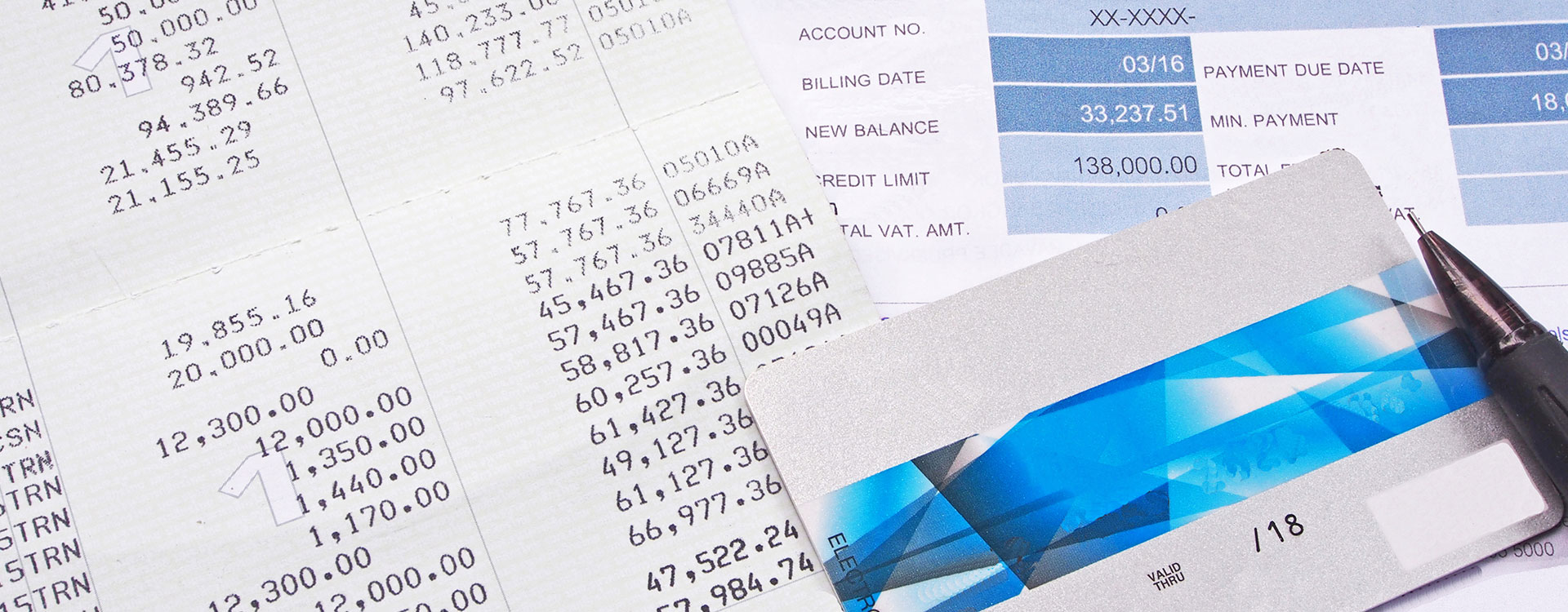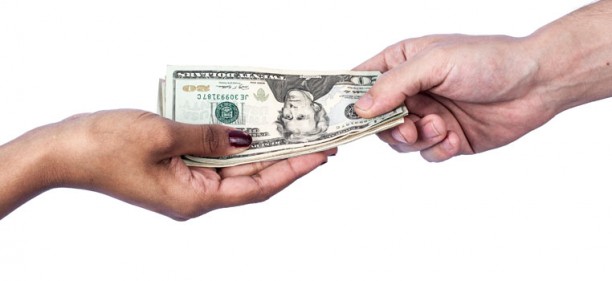If you're one of the millions of Americans struggling with credit card debt, you know how hard it can be to get ahead.
Not only do you have to worry about making your monthly payments, but you also have to pay interest.
This can add up quickly and make it difficult to get out of debt.
Below, we'll discuss how to avoid credit card interest or reduce it as much as possible. We'll also cover some debt consolidation options that may be available to you.
What Is Credit Card Interest?
Credit card debt can be expensive if you don't pay your balance in full every month.
The credit card company will charge you interest on that debt when you carry a balance. This can add up quickly.
The interest charged depends on your credit score and other factors, but it can range from 12% to 24% or more.
Avoid Late Fees
The first way to reduce or avoid credit card interest is by making sure you make all of your payments on time.
Late payments can result in late fees and increased interest rates, so staying current on your debt is essential.
You may also consider asking for a lower rate from your credit card company. The company may be willing to lower your rate if you have a good payment history.
You can set up automatic payments or reminders on your phone. If you're worried about forgetting, you might want to set up a separate account just to pay your credit card bills so that it's easy to track how much is left in the account.
Finally, if all else fails, some banks will let you set up an overdraft protection plan that allows them to take money from another account to cover unexpected expenses like late credit card payments or medical bills.
Pay Off Your Balance Each Month
Another way to avoid late fees and credit card interest is by paying off your balance every month.
This means that if you have a $100 balance on your card at the beginning of the month, you should pay it off before the end of the month.
This one is pretty obvious, but it's also the most important thing you can do.
If you're not paying off your monthly balance, then interest will accrue on whatever amount isn't paid off by the end of the billing cycle—even if that amount is only $1.
The problem is that many people don't have the discipline to pay off their entire balance each month. If this is the case for you, there are still things you can do to reduce your interest charges:
1. Set up automatic payments from your checking account
2. Pay more than the minimum payment due on each card
3. Pay off your highest-interest debt first and use it as a deduction on your taxes
Consolidate Credit Card Debt With A Personal Loan
If you’re looking for debt consolidation options, there are several ways to go about it. One option is to take out a personal loan and use it to pay off your credit card debt.
This works by combining all your debt into one loan with a fixed interest rate and monthly payment.
This can make debt payoff easier to manage, and in some cases, it could even save you money in the long run. You may also get a lower interest rate than what your credit cards are charging.
Like credit cards, personal loans are available through banks and other financial institutions.
However, unlike credit cards, they come with fixed interest rates that are typically lower than credit cards and don't have annual fees. They also don't require a large down payment or collateral (such as real estate).
If you decide to apply for a personal loan, shop around for the best rate possible. You'll want to choose an option that keeps your monthly payments affordable so that it's easy for you to pay off quickly without accruing additional interest charges along the way.
Debt Settlement
Another debt consolidation option is debt settlement.
With debt settlement, you’ll negotiate with your creditors to settle the debt for less than what you owe. This can be a great way to reduce debt and avoid interest, but it can also have some drawbacks. Make sure to do your research before entering into debt settlement programs.
Here's how it works: You contact the company that issued your credit card and asked them to lower your monthly payments. You'll discuss how much you can afford each month and devise a plan to pay off the balance.
Once you've agreed on a payment plan, the creditor will send you a letter stating that they've accepted your offer. You'll still make monthly payments until your debt is paid off. This might be an option if you're having trouble paying off your debt in full within three years!
Some Final Thoughts On Credit Card Interest...
The best way to avoid credit card interest is to not carry a balance on your credit card. If you're carrying a balance, paying it off as quickly as possible is essential.
But if you've already started racking up interest and fees on your credit card, there are other ways to reduce it. You can negotiate with the company that issued your card or transfer balances to a new card with a lower interest rate. You can also try asking for an interest rate reduction through the mail or over the phone.
No matter which debt payoff strategy you choose, it’s important to remember that debt relief requires discipline and patience.
It’s not always easy to reduce debt, but with the right strategies, you can get out of debt faster and minimize your interest payments.
How Credit9 Can Help You
At Credit9, we offer loan options that could provide you with the financial solution that works best for you.
Since 2018, Credit9 has provided over $460 Million in loans to over 36,000 of our customers, and we’re confident we can help you too.
For more information about Credit9’s unique debt consolidation services, contact us today to see how we can help you consolidate your debts and receive a free, no-obligation, and fully-customized Credit9 loan solution!
Debt Consolidation Loan





 Clear Language Establishes Trust And Minimizes Anxiety When It Comes To Finances
Clear Language Establishes Trust And Minimizes Anxiety When It Comes To Finances
 The Best Ways To Loan Money To Friends And Family
The Best Ways To Loan Money To Friends And Family
 What Is Black Market Value Of Stolen Credit Card Info?
What Is Black Market Value Of Stolen Credit Card Info?